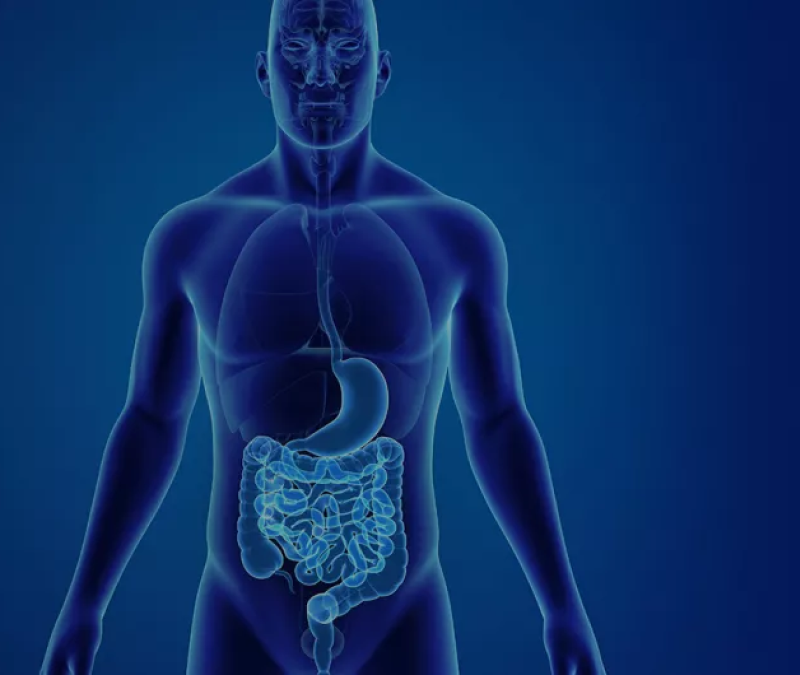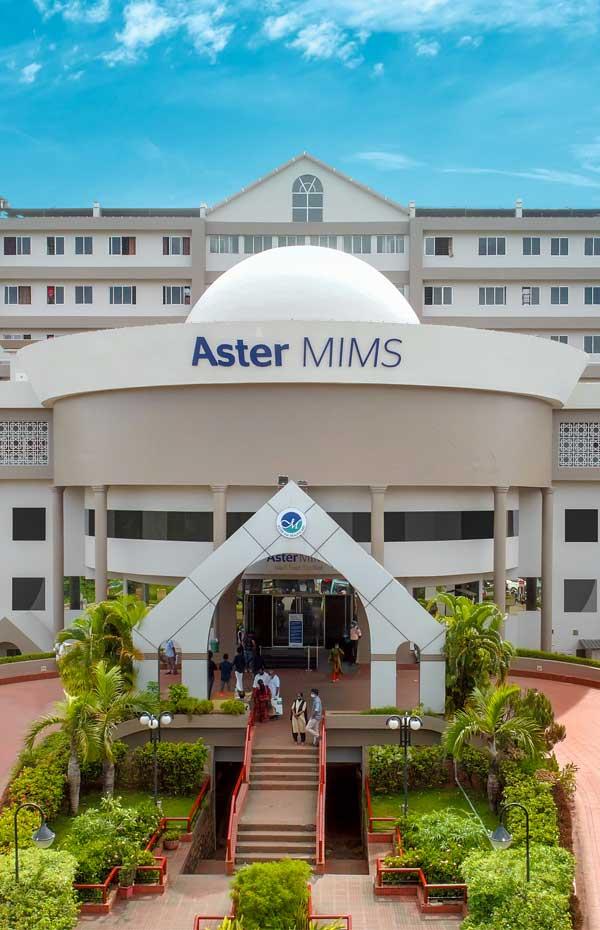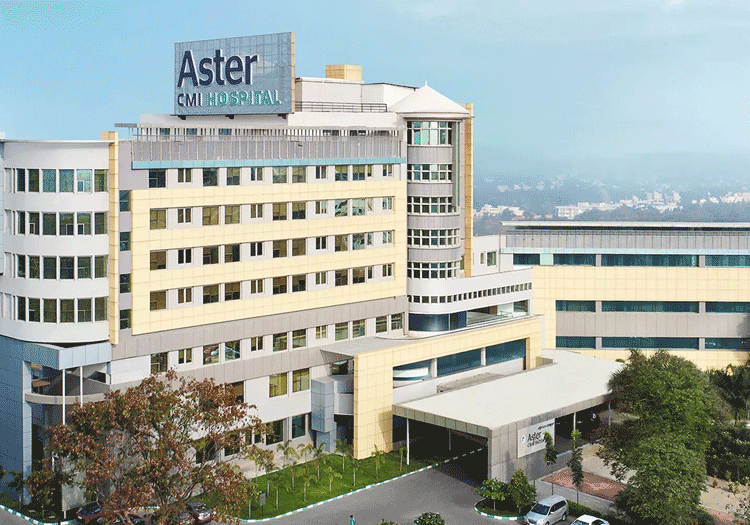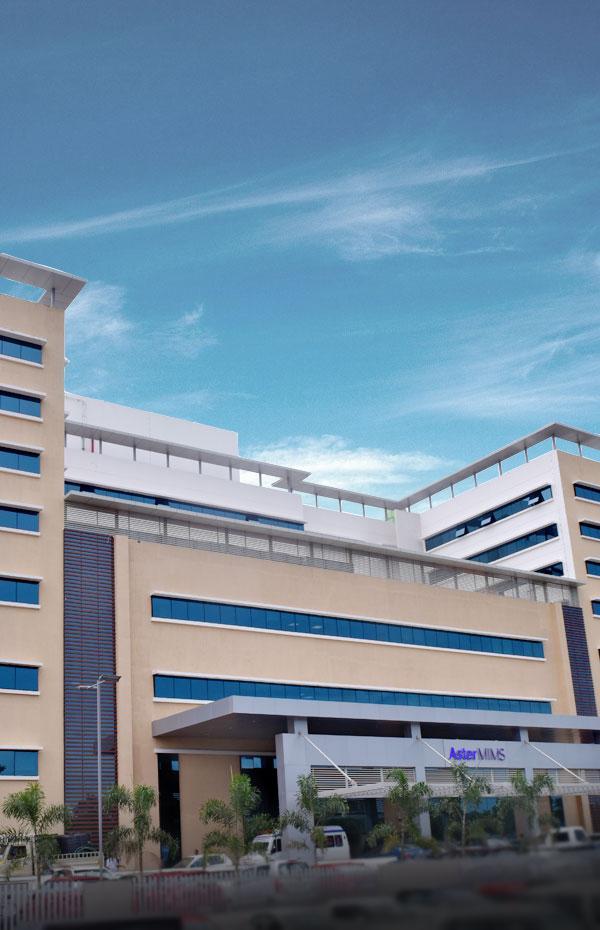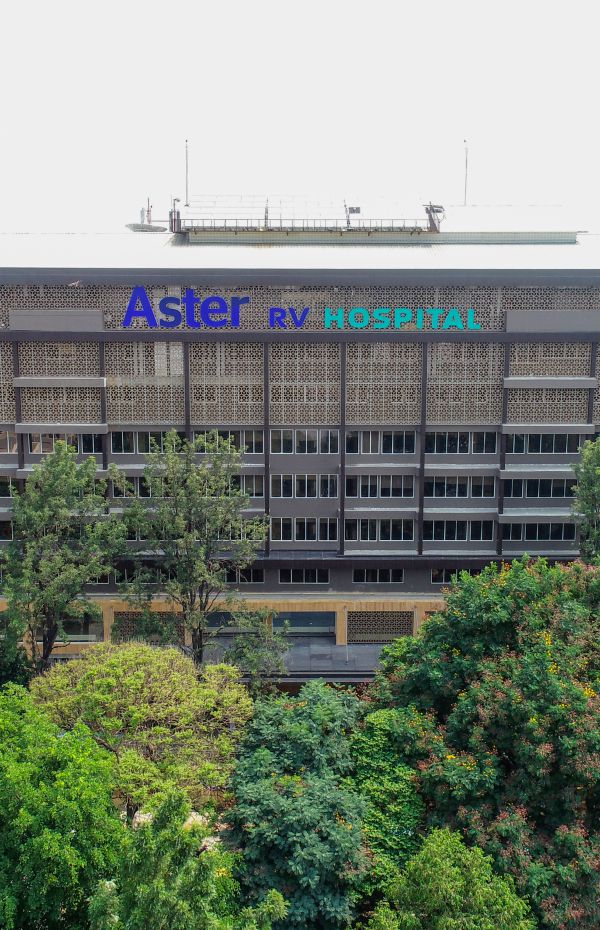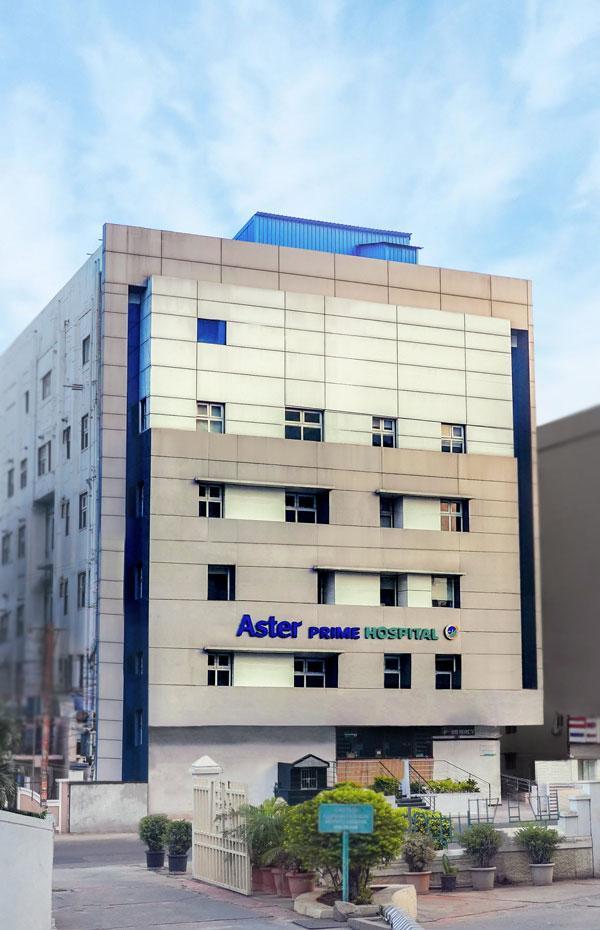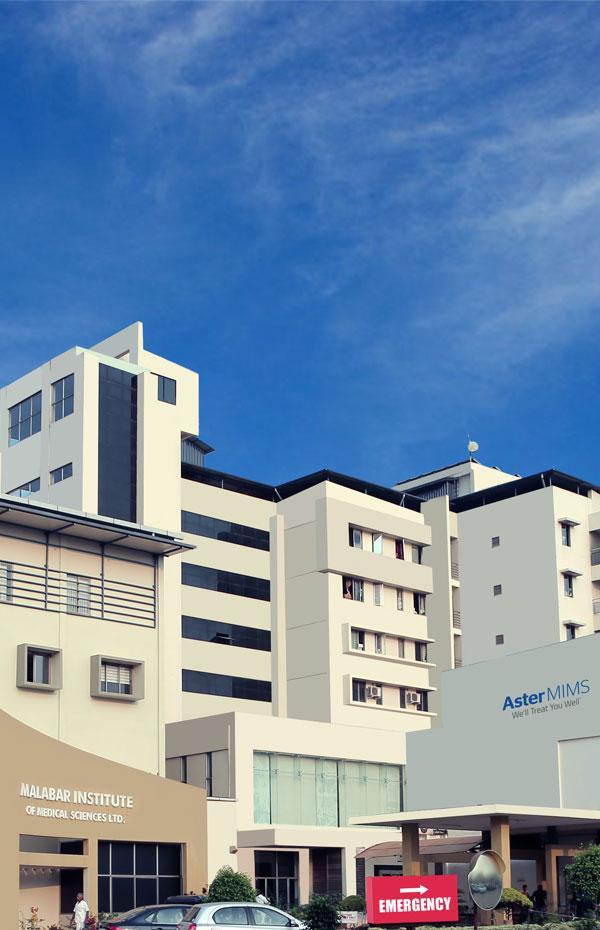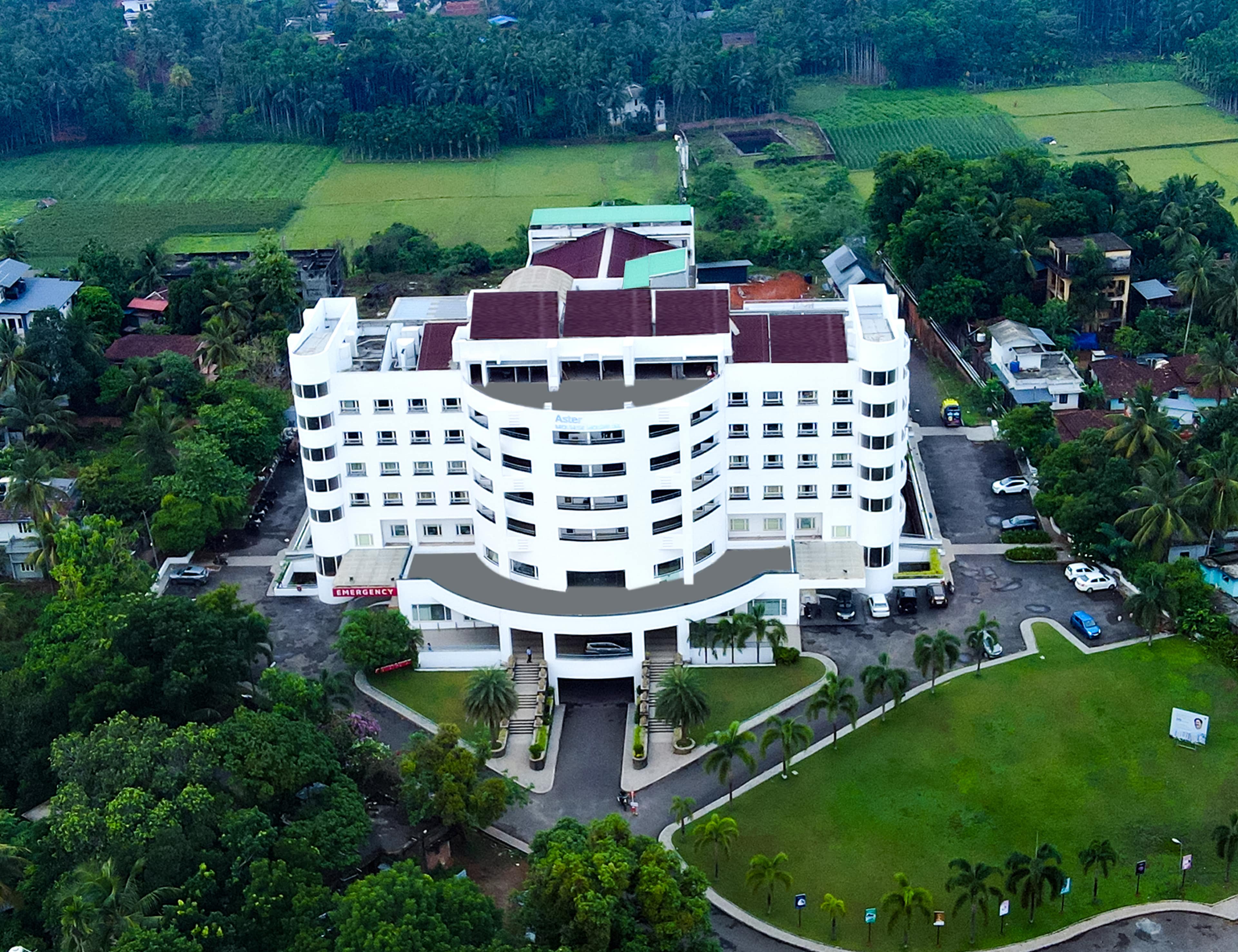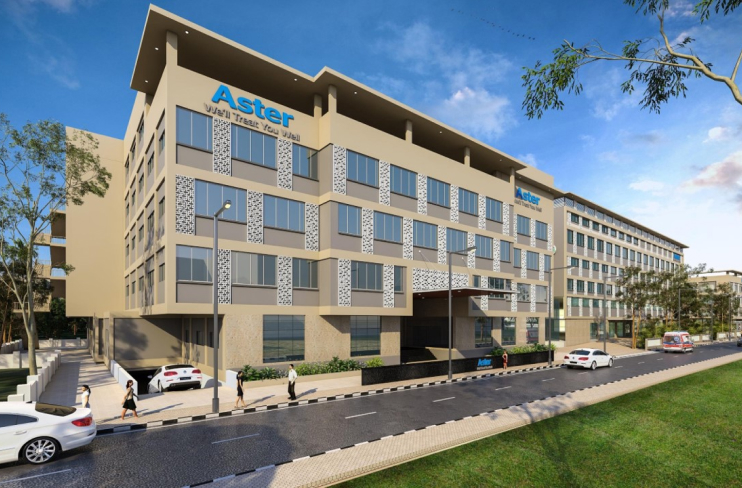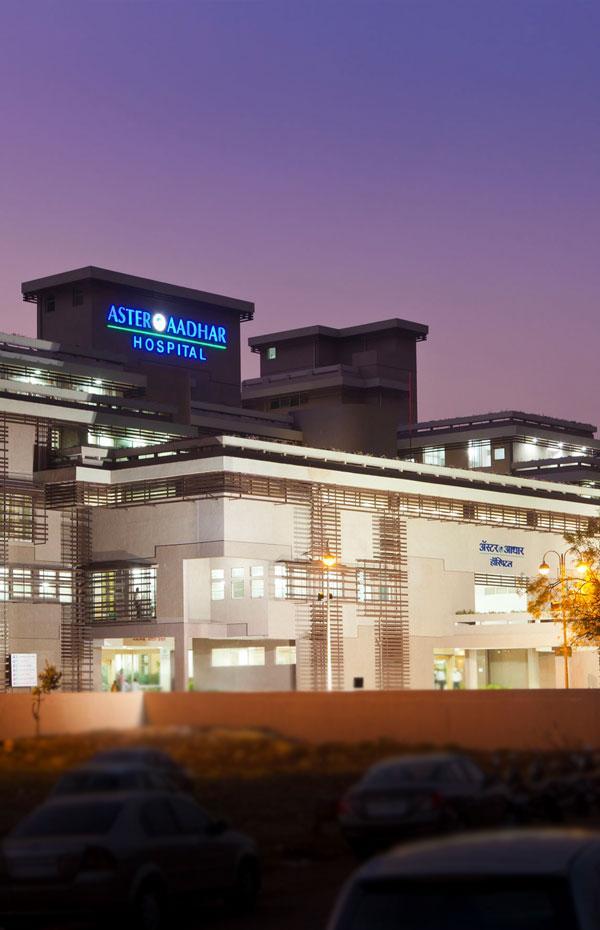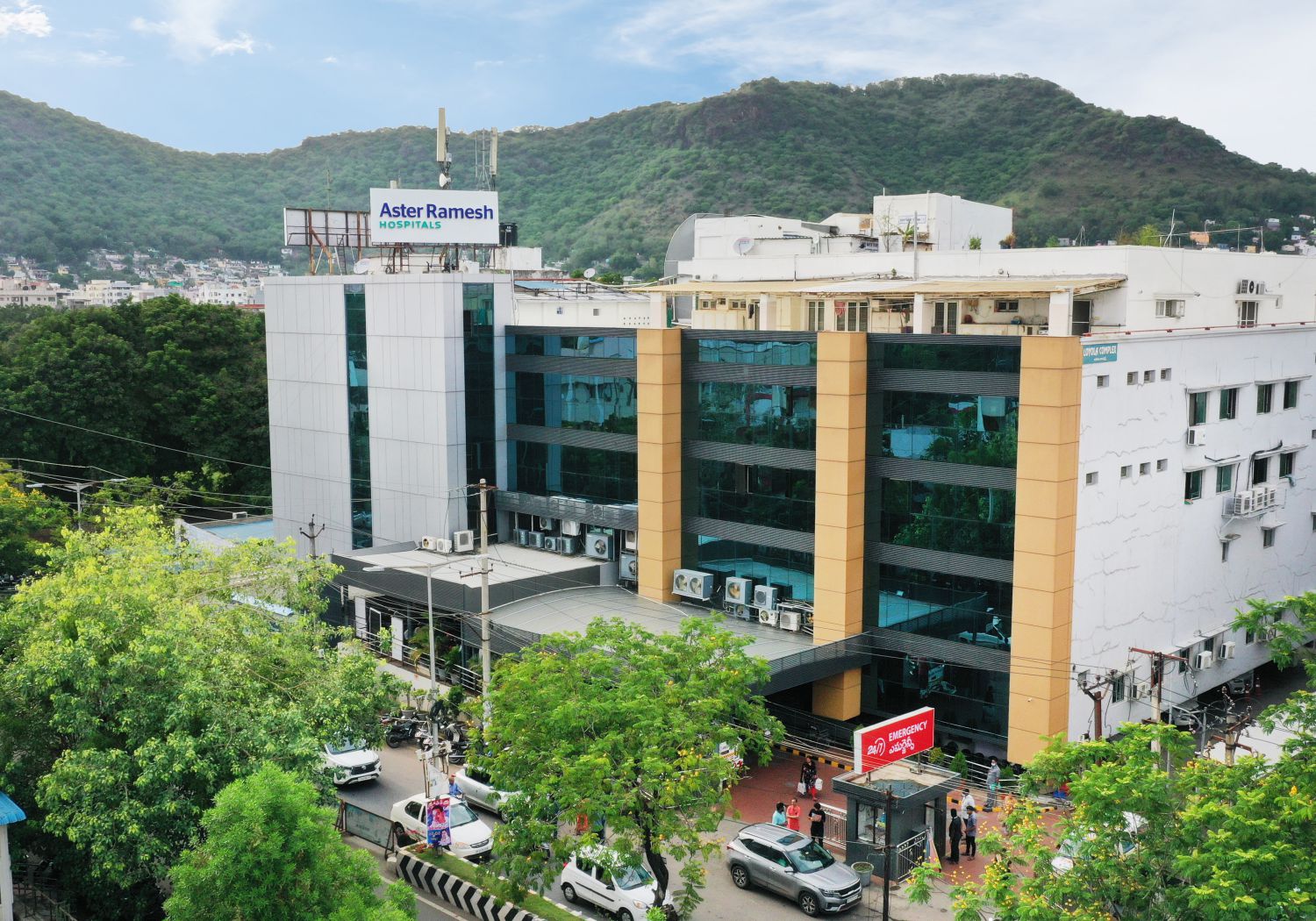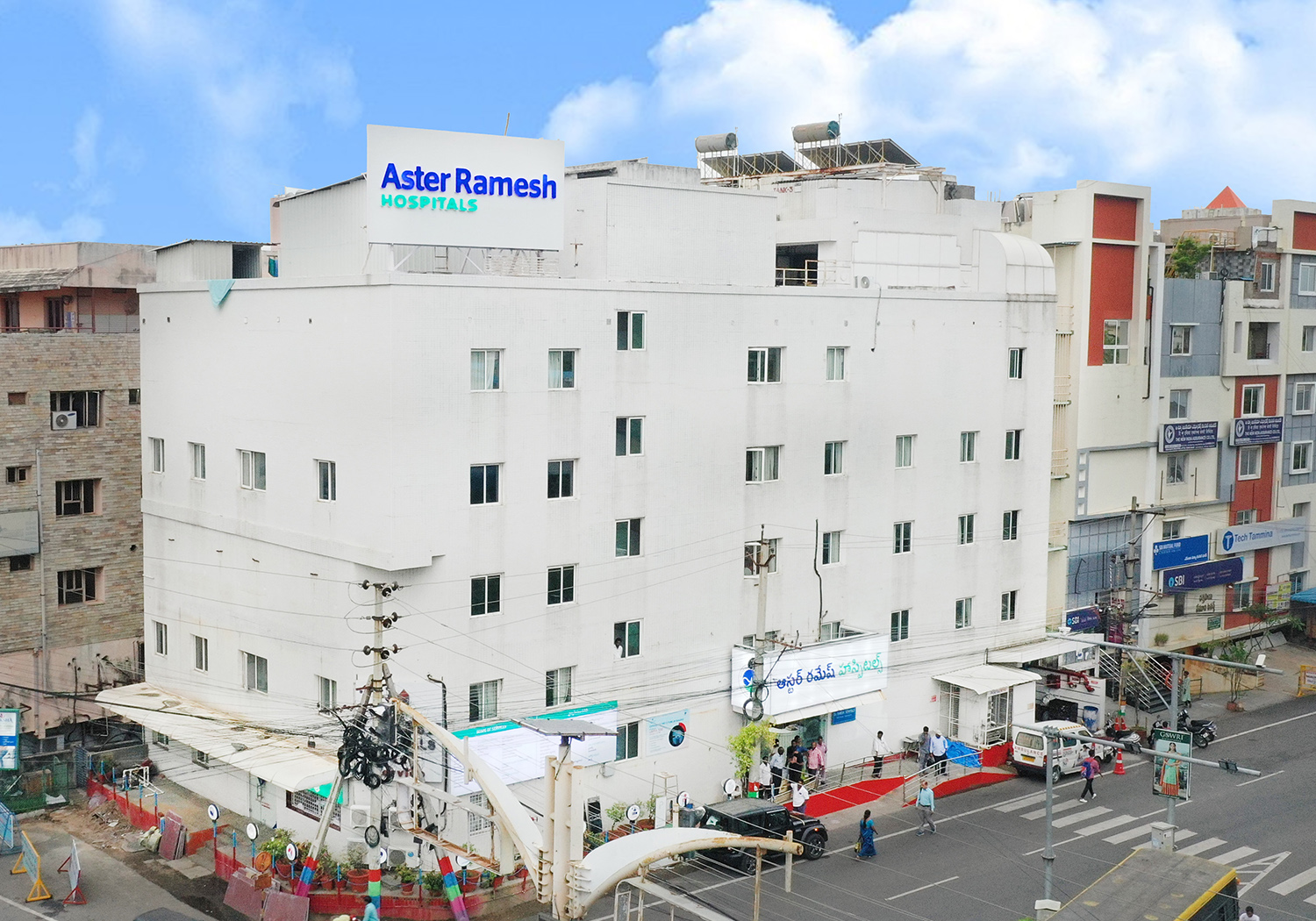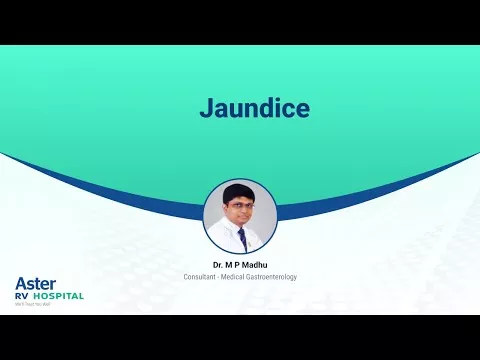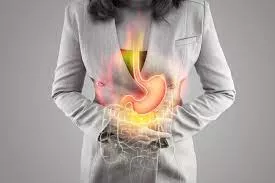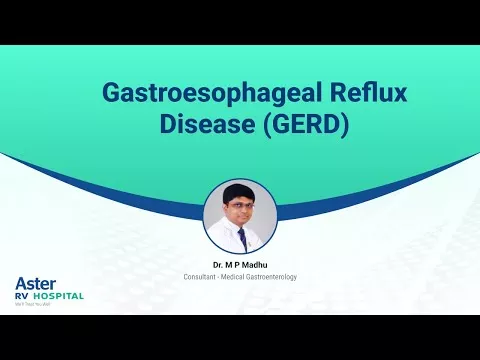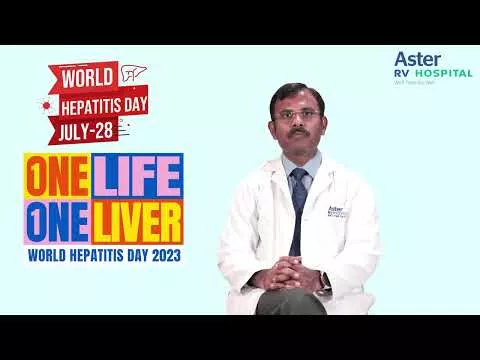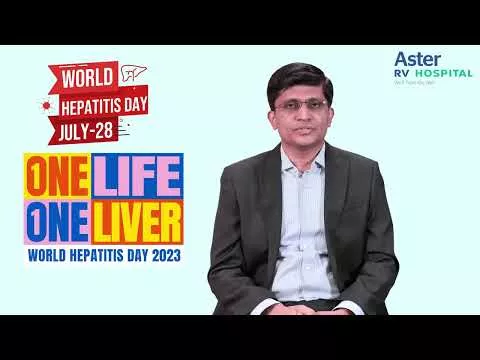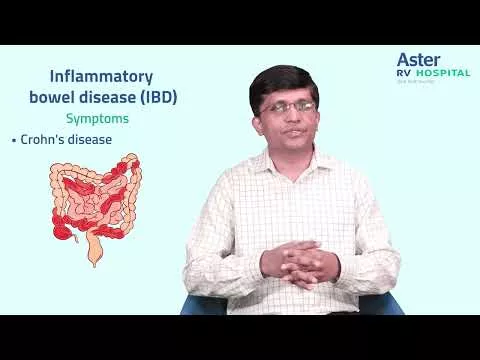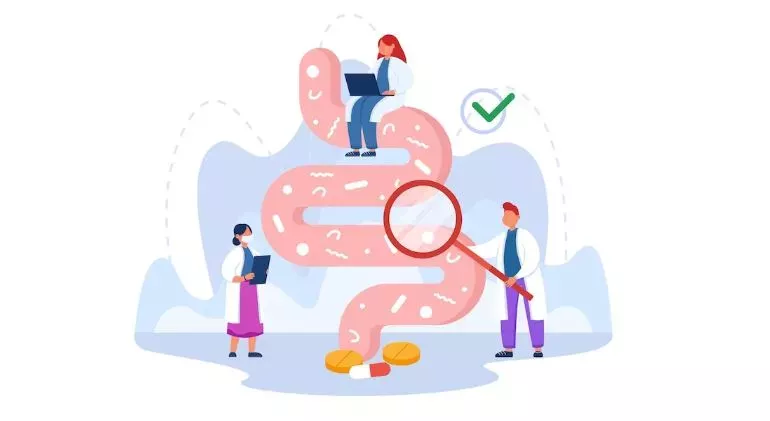Gastro Science
The department of Gastroenterology at Aster Hospital specializes in the conditions affecting the liver and digestive tract, including the stomach, duodenum, gallbladder, pancreas, intestines, and colon. We have experts who professionally treat a wide range of gastrointestinal conditions, such as gastroesophageal reflux (heartburn), peptic ulcer disease, colitis, colon polyps, gallbladder disease, Irritable Bowel Syndrome (IBS), pancreatitis, gastrointestinal malignancy, liver diseases, etc. The team consists of highly accomplished Gastroenterologists including Surgical Gastroenterologists, Gastrointestinal Oncologists, and Gastrointestinal Radiologists supported by skilled nurses who provide exceptional patient care. The department has cutting edge technologies for high-precision procedures that aid in performing complex & simple procedures like Endoscopy, Colonoscopy and Endoscopic Variceal Sclerotherapy (EVS).
Our Doctors
We have some of the best specialists from around the world, they bring years of experience and offer evidence-based treatment to ensure the best care for you.
Advanced Technology & Facilities
Well equipped with the latest medical equipment, modern technology & infrastructure, Aster Hospital is one of the best hospitals in India.
The Department of Gastroenterology offers outpatient and inpatient consultations. Our Gastroenterologists perform comprehensive evaluations to diagnose various gastrointestinal disorders. assess patients' medical history, perform physical examinations, and order appropriate diagnostic tests such as laboratory tests, imaging studies (such as X-rays, ultrasounds, or CT scans), endoscopic procedures (such as upper endoscopy, colonoscopy, sigmoidoscopy, or enteroscopy), or other specialized tests to determine the underlying cause of symptoms.
Considering the factors such as the patient's overall health, medical history, and preferences; treatment options are suggested which may include lifestyle modifications, dietary changes, medications, and minimally invasive procedures. A regular follow-up is done to assess treatment response, adjust medications or therapies as needed and address any concerns or new symptoms that may arise.
Advanced Technology & Facilities
Well equipped with the latest medical equipment, modern technology & infrastructure, Aster Hospital is one of the best hospitals in India.
UGI Endoscopy
Colonoscopy
Endoscopic Retrograde Cholangiopancreatography (ERCP)
Enteroscopy
Liver Biopsy
Endoscopic Ultrasonography (EUS)
Sigmoidoscopy
Side Viewing Endoscopy
Upper GI and Lower GI Endoscopy (Diagnostic & Therapeutic)
ERCP
Capsule Endoscopy
Double Balloon Enteroscopy
Endoscopic Ultrasound- Diagnostic & Therapeutic
Oesophageal and Anorectal Manometry
24 hr GI Bleed Care
Liver Clinic- for patients with Liver & Gall Bladder diseases
IBD Clinic- Special care for ulcerative colitis &Crohn’s diseases
Some of the best technologies in the hospital includes:
Kerala’s third Da Vinci surgery robot
Highly advanced infection control HEPA filters to remove air borne particles
Highly advanced diagnostic equipment to detect and diagnose various liver conditions.
The unit provides round-the clock clinical services (outpatient, inpatient and emergency) in managing GI and liver diseases, in both adult and paediatric.
Multidisciplinary care
The department of gastroenterology is an integral part of the multi-disciplinary teams which includes GI and oncosurgery, GI and interventional radiology, Hepatopancreaticobiliary care, liver transplant and GI pathology which are involved in the management of complex gastroenterology conditions.
Breath Testing
Hydrogen and urea breath test
Manometry and PH
Oesophageal, anorectal, pH-impedance and biofeedback.
Endoscopy
a. Facilities
Endoscopy suites with dedicated recovery area.
High definition endoscopy and endoscopic ultrasound system.
Dedicated high resolution fluoroscopy unit.
Digital spyglass and laser system.
Paediatric endoscopy, colonoscopy, ERCP
Automated endoscope disinfection and reprocessing unit.
b. Diagnostic endoscopy
Including magnification NBI for early cancer
Enteroscopy, EHS and paediatric endoscopy
c. Therapeutic endoscopy
For bleeding, foreign body impaction, bile duct stones and treatment of early cancer
Endoscopic Ultrasound EUS
For CBD stones, mediastinal node, pancreatic biliary cancer cytology and biopsy
- UGI Endoscopy
- Colonoscopy
- Endoscopic Retrograde Cholangiopancreatography (ERCP)
- Enteroscopy
- Liver Biopsy
- Endoscopic Ultrasonography (EUS)
- Sigmoidoscopy
- Side Viewing Endoscopy.
The Department of Gastroenterology offers outpatient and inpatient consultations. Our Gastroenterologists perform comprehensive evaluations to diagnose various gastrointestinal disorders. assess patients' medical history, perform physical examinations, and order appropriate diagnostic tests such as laboratory tests, imaging studies (such as X-rays, ultrasounds, or CT scans), endoscopic procedures (such as upper endoscopy, colonoscopy, sigmoidoscopy, or enteroscopy), or other specialized tests to determine the underlying cause of symptoms.
Also known as Esophagogastroduodenoscopy (EGD) involves the insertion of an endoscope through the mouth for internal examination. It is commonly used to evaluate symptoms such as persistent heartburn, difficulty swallowing, nausea, vomiting, diarrhea or unexplained weight
It is primarily used for colorectal examination. It involves the insertion of an endoscope through the rectum to visualize the entire colon and rectum. It allows direct visualization and sampling of tissues (biopsies) for further analysis. This involves examining the large intestine for abnormalities like hemorrhoids (Piles), anal fissures, polyps, inflammatory bowel diseases (Ulcerative colitis, and Crohn’s), intestinal tuberculosis, cancer, etc. A colonoscopy also allows for the biopsy or removal of suspicious lesions and is a crucial tool in colon cancer screening and prevention.
It is a non-invasive procedure that involves swallowing a small capsule containing a camera to capture images of your digestive tract, particularly the small intestine. It's typically used to diagnose lesions located in the small intestine that are not accessible to conventional endoscopy. This procedure is beneficial because it does not require surgery or anesthesia, and it is a less invasive way to diagnose diseases and abnormalities of the digestive tract. Furthermore, the images captured by the camera allow for a more accurate diagnosis.
ERCP combines endoscopy with fluoroscopy to diagnose and treat disorders of the bile ducts and pancreas including bile duct stones, strictures (Narrowing), leaks, and cancer. It involves the insertion of an endoscope through the mouth, passing through the stomach and duodenum to access the bile ducts and pancreatic ducts. ERCP is used to remove obstructions and perform interventions such as stent placement or tissue sampling in cases of biliary or pancreatic diseases.
This diagnostic procedure combines endoscopy and ultrasound to obtain detailed images and information about the digestive tract and the surrounding tissue and organs. It involves the insertion of an endoscope equipped with an ultrasound probe through the mouth or rectum, providing high-resolution images of the digestive tract wall layers and surrounding structures. It is used for various indications, including diagnosing bile duct stones, bile duct strictures, chronic pancreatitis, evaluating gastrointestinal cancers, evaluating pancreatic lesions, guiding fine-needle aspirations for tissue sampling, and assisting in the placement of drainage devices. It is also used to obtain tissue biopsy from the abdomen and mediastinum(chest) for diagnosis (histological examination).
FibroScan is a valuable tool for assessing liver fibrosis, typically used in conjunction with other clinical and laboratory evaluations to provide a comprehensive assessment of liver health. The results of FibroScan, along with additional tests and patient history, help gastroenterologists and hepatologists in diagnosing liver diseases, monitoring disease progression, and determining appropriate treatment strategies.
The FibroScan procedure involves the use of a specialized ultrasound probe to measure liver stiffness. The patient lies on a table, and the probe is placed on the skin surface over the liver. The probe sends a vibration through the liver, and the resulting shear wave speed is measured. The liver stiffness is then calculated based on the speed of the shear waves, which correlates with the degree of fibrosis.
It's primarily used to assess the presence and extent of liver fibrosis, a condition often associated with hepatitis, alcoholic liver disease, fatty liver, and chronic liver diseases (cirrhosis of the liver).
It is a non-invasive, quick, convenient, and repeatable procedure that reduces the need for Liver Biopsy.
This covers a range of procedures, such as polypectomy (removal of polyps), endoscopic dilation (stretching of a narrowed area), variceal band ligation, hemostasis (stopping bleeding) for ulcer bleeds, esophageal and duodenal stenting, helping treatment of many GI disorders without the need for invasive surgery.
Therapeutic endoscopy refers to a set of minimally invasive procedures performed using a colonoscope to treat various gastrointestinal conditions. It involves interventions such as removing polyps or tumors, dilating strictures, placing stents, treating bleeding lesions, and delivering targeted therapies. Therapeutic endoscopy offers a less invasive alternative to surgery, allowing for precise and effective treatment while minimizing patient discomfort and recovery time. It plays a crucial role in managing a wide range of gastrointestinal disorders and improving patient outcomes.
Therapeutic endoscopic ultrasound (EUS) is a specialized procedure used in gastroenterology for therapeutic purposes. It combines endoscopy with ultrasound imaging to visualize and guide interventions within the gastrointestinal tract and adjacent organs. Therapeutic EUS enables the drainage of fluid collections, placement of drainage stents, injection of therapeutic agents, delivery of radiofrequency ablation for tumor treatment, and sampling of deep tissue lesions. It provides a minimally invasive approach for targeted interventions, aiding in the management of pancreaticobiliary disorders, gastrointestinal tumors, and other complex gastrointestinal conditions. We can also diagnose and treat conditions such as draining cysts, celiac plexus block for pain management in chronic pancreatitis, pancreatic cancer and place stents in the bile or pancreatic ducts, and EUS-guided gastrojejunostomy.
Recognizing the critical role of diet in gastrointestinal health, our registered dieticians provide comprehensive nutritional assessments for our patients. Nutritional assessment and counseling are essential components of our gastroenterology care. Our dieticians help in identifying malnutrition, planning appropriate dietary interventions, managing symptoms, supporting treatment and recovery, preventing complications and monitoring treatment response. By addressing nutritional needs, our dieticians optimize patient outcomes and improve the overall quality of life for individuals with gastrointestinal disorders.
FAQs
Want to find out more about the treatment? The answer to your questions can be found below.
What are the most common types of conditions that gastroenterologists treat?
Gastroenterologists at Aster MIMS Kannur commonly address prevalent conditions such as acid reflux, irritable bowel syndrome (IBS), inflammatory bowel disease (IBD), ulcers, liver disorders, gallbladder issues, pancreatitis, and gastrointestinal cancers. With expertise and precision, they offer effective care for a broad spectrum of digestive system conditions tailored to individual needs.
Patient Stories
Our patients are our best advocates, hear the inspiring stories of their treatment journey
Blogs
The source of trustworthy health and medical information. Through this section, we provide research-based health information, and all that is happening in Aster Hospital.

